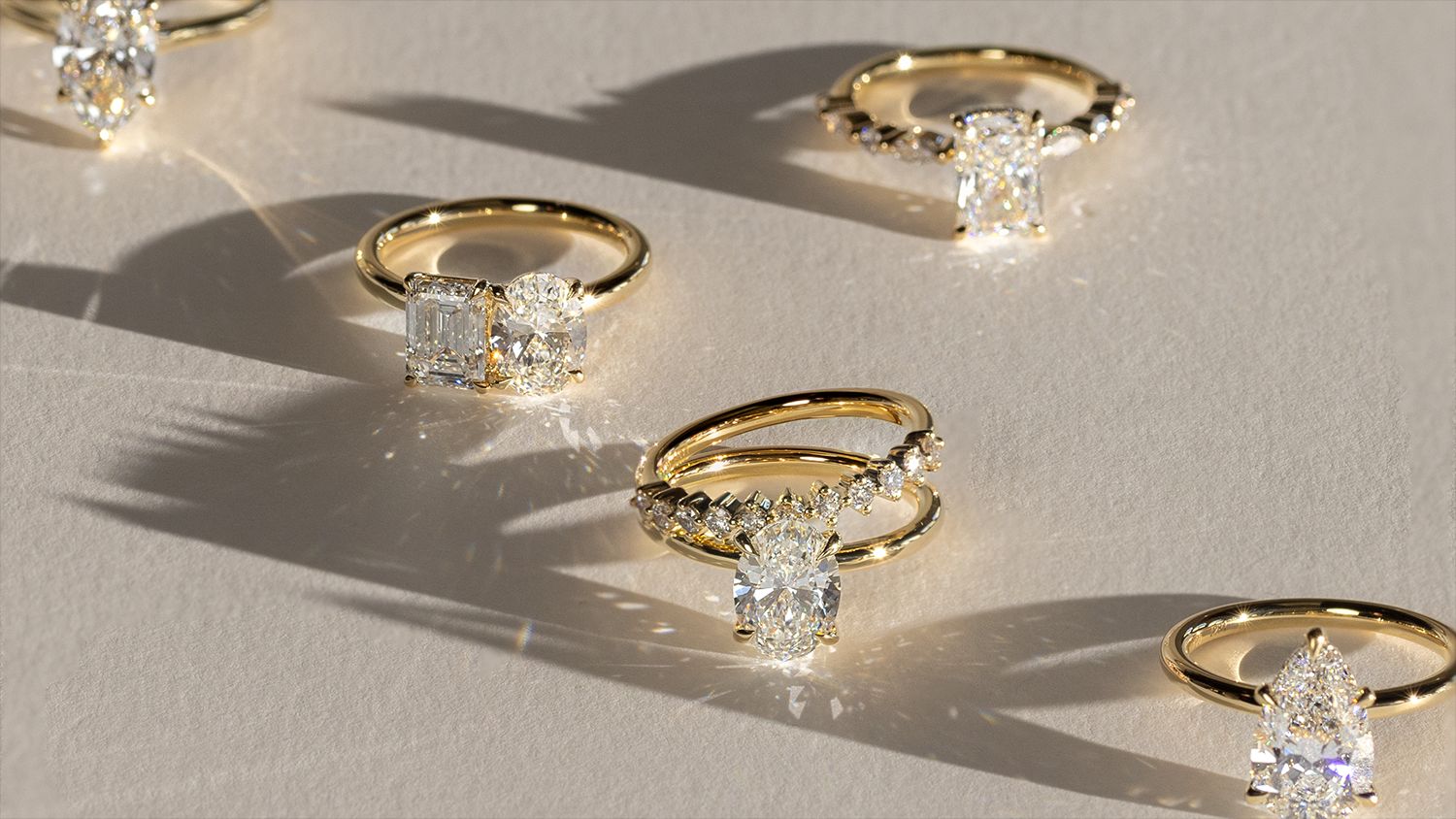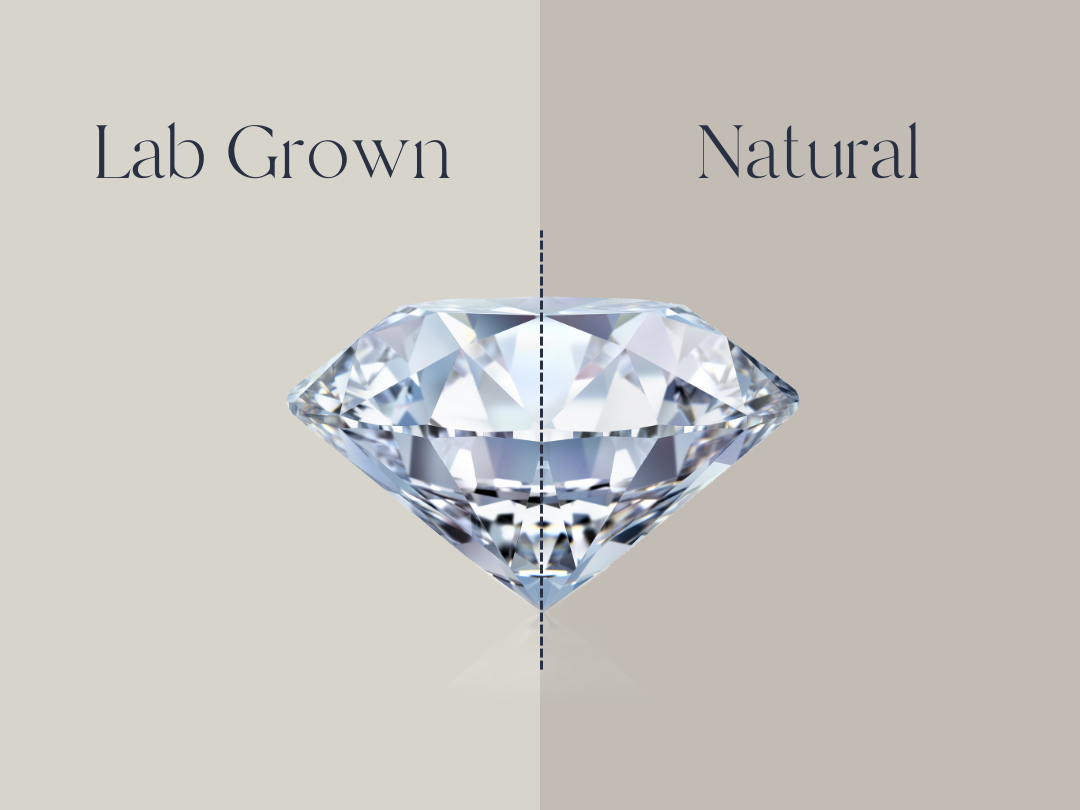Some Known Incorrect Statements About Lab Grown Diamonds
The Definitive Guide to Lab Grown Diamonds
Table of ContentsIndicators on Lab Grown Diamonds You Need To KnowThe Ultimate Guide To Lab Grown DiamondsSee This Report on Lab Grown DiamondsThe Lab Grown Diamonds Ideas
As you travel closer to the Earth's core, stress and temperature level boost, which develops the perfect stove for carbon to be exchanged diamond (diamonds are the only gemstone to be made from purely one component). Via a massive volcanic eruption, these rubies were transported to the Earth's surface area. It's estimated this procedure was relatively quick (more than likely throughout numerous hours), which enabled the diamonds to remain undamaged without melting.The brief response: carat weights determine the mass of rocks, karats determine the pureness of gold. Carat: 1 carat amounts to 0.2 grams, concerning the weight of a paperclip (next time you see a picture of Mariah Carey's 35 carat weight engagement ring, simply picture the burden of bring 35 paper clips around your finger every day).

Right here are several of the essential benefits of laboratory grown rubies and laboratory grown up diamond jewellery:.
Getting The Lab Grown Diamonds To Work
Simply put, all-natural or earth-mined diamonds are crafted over millions of years under the Planet's crust from pure carbon combined with pressure and heat. Producing diamonds in a laboratory needs the same process, just fine-tuned to take place over a much smaller amount of time in a far more controlled setting.
Whereas earth-mined diamonds are rare and finite and often tend to raise in rate over time, laboratory diamonds are readily offered., like lab-grown diamond rings, they won't be a great fit for your needs.
They may think that the disadvantages of lab-grown diamonds exceed the pros. Some may suggest that, for this factor, acquiring a lab-made ruby additionally comes with its ethical considerations, as doing so takes revenue away from those involved in the natural ruby sector that might require it most.
Typical diamonds rely on the Earth's problems to establish their high quality or lack thereof. In a lab, producers can straight regulate a ruby's top quality.
A Biased View of Lab Grown Diamonds
You can conveniently locate tinted, manufactured rubies on the (fairly) low-cost side as well as specific cuts that would certainly be costlier if you were shopping for an extracted diamond just. That barely suggests it isn't worth safeguarding.
natural diamonds is that the latter is mined from natural deposits in the Planet while the previous is made in a laboratory utilizing controlled setups. But their high quality is largely the very same. Lab Grown Diamonds. While the difference between lab-grown and all-natural ruby options are minimal when it comes to quality, some of the drawbacks of lab-grown diamonds include the reality that the stone will drop gradually and, to some, an absence of sentimental worth that's typically associated with extracted rubies
The process involves very little land interruption and gets rid of problems connected to deforestation and habitat destruction. Lab-grown diamonds are often more cost effective than all-natural rubies. This expense distinction can be credited to the structured manufacturing procedure and the evasion of costs related to traditional mining. The Controlled Atmosphere in Which Lab Grown Diamonds Are Created Enables for Constant Top Quality.
Versatility in Layout - Lab Grown Diamonds Deal Designers and Consumers a Versatile Palette to Develop One-of-a-kind and Ingenious Fashion Jewelry Styles. the Controlled Growth Refine Permits The Manufacturing of Diamonds in Different Forms and Sizes. Lab Diamond Rings are the Many Famous Amongst Laboratory Ruby Jewelry. Laboratory Diamonds Often Include An Even More Transparent Supply Chain.
Facts About Lab Grown Diamonds Revealed
Market Understanding - In Spite Of Their The Same Physical Residences, Lab Diamonds May Face Tests in Market Perception. Some Consumers Still Perceive Natural Diamonds as Having Greater Value and Reputation. The Production of Lab-Grown Diamonds Can Be Energy-Intensive, Specifically in Techniques Like High Pressure Heat (hpht) and Chemical Vapor Deposition (cvd).
All-natural Rubies Are Created Over Millions of Years Deep Within the Earth, Adding To Their Regarded Rarity. Lab-Grown Rubies, Regardless Of Their The Same Residence, Might Not Bring the Same Rarity Factor, dig this Impacting Their Viewed Value for Some Customers. Impact on Diamond-Dependent Economic Climates why not look here - the Shift In The Direction Of Lab Grown Diamonds May Have Economic Effects for Nations and Areas that Rely On The Ruby Mining Industry.

Ans. informative post Lab Diamonds Are of Equal Quality to Natural Diamonds in Terms of Firmness, Sparkle, and Quality. the Quality of A Diamond, Whether Lab-Grown or Mined, Is Figured Out by Its Cut, Color, Clarity, and Carat Weight Weight. Ans. Yes, Laboratory Diamonds Sparkle Much Like Natural Diamonds. Their Sparkle and Shimmer Are an Outcome of Their Cut and The Way Light Connects with Their Elements. Ans.